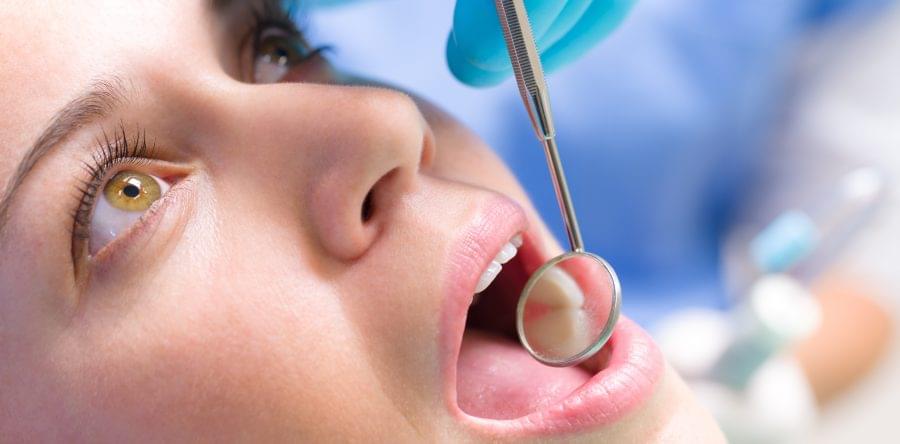How Come I Have Tooth Sensitivity?

Tooth sensitivity is the pain felt in your tooth when it is exposed to food items that are hot, cold, sweet, or acidic. Tooth sensitivity is caused by a thinned tooth enamel or gum recession, which exposes the underlying tooth pulp or dentin.
Some of the common causes of tooth sensitivity include:
- Aggressive brushing (either because of a hard grip or rough bristles)
- Frequent intake of highly acidic foods and beverages which can lead to tooth erosion.
- Grinding your teeth at night
- Tooth decay or a broken tooth which exposes the dentin of your tooth
- Post dental treatment sensitivity is also common, but temporary. This can often be experienced after procedures like crowns, fillings, and tooth bleaching.
Please consult your dentist regarding your tooth sensitivity to determine a recommended treatment.
How Can I Prevent Tooth Sensitivity?
Whether you have experienced tooth sensitivity or not, it isn’t too late to take on the appropriate measures to prevent tooth sensitivity from occurring in the future. Here is what you can do to protect your teeth:
- Brushing your teeth for two minutes, twice a day, can help to protect your teeth from plague build up, which can lead to tooth decay and sensitivity.
- When brushing your teeth, make sure to use soft bristles, and to not brush too vigorously.
- Flossing once a day helps to get rid of hard to reach plague between the teeth and along the gum line.
- Take on a diet low in acid: Keeping a diet that is low in acidic foods and drinks (such as grains, sugar, processed foods, and foods high in protein) helps to prevent tooth sensitivity.